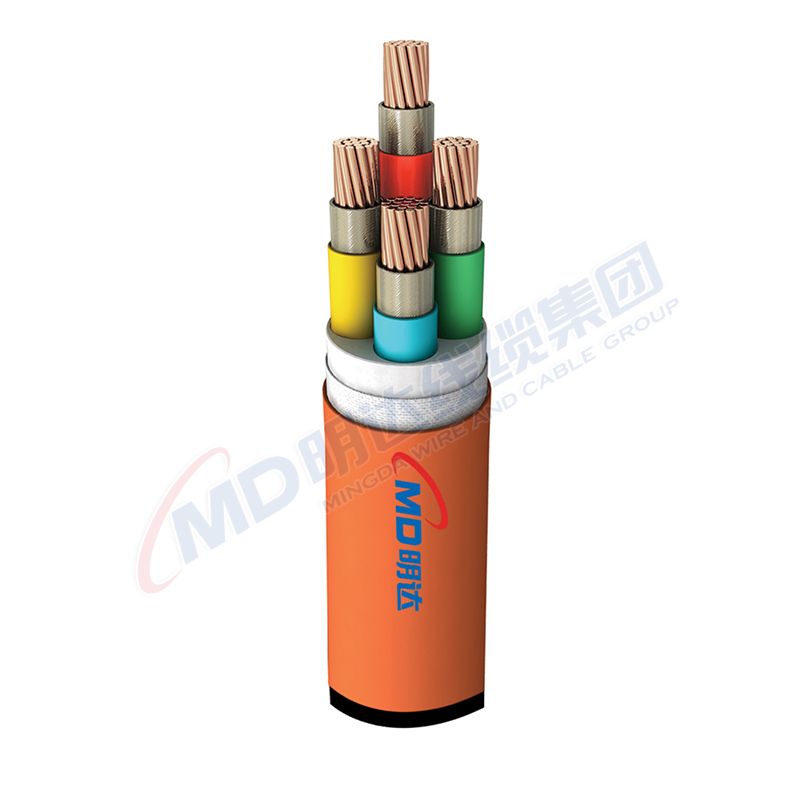តុលា . 31, 2024 14:15 Back to list
Inspection and Maintenance of Hot Water Check Valves for Optimal Performance
The Importance of Hot Water Check Valves
Hot water check valves are essential components in plumbing systems, playing a critical role in maintaining efficiency, safety, and longevity of both residential and commercial water heating systems. These valves are designed to prevent the backflow of hot water, ensuring that the system operates smoothly and efficiently. Understanding the functionality and importance of these valves can help homeowners and maintenance professionals make informed decisions.
What is a Hot Water Check Valve?
A check valve, often referred to as a non-return valve, allows fluid to flow in only one direction. In the case of hot water systems, these valves are typically installed in piping leading from a water heater to fixtures or appliances. Their primary function is to prevent the reverse flow of water, which can occur due to pressure fluctuations, temperature changes, or mechanical failures. When installed correctly, they help maintain the temperature and pressure in the hot water line, ultimately contributing to the efficiency of the heating system.
How Hot Water Check Valves Work
The mechanism of a check valve is relatively straightforward. It consists of a valve body, a movable disc or ball, and a seat that allows the water to flow while securely closing off the flow in the reverse direction. When hot water moves through the pipe, it pushes the disc or ball away from the seat, allowing the water to flow freely. If there is a drop in pressure or a backflow situation, gravity or the pressure of the flowing water causes the disc or ball to return to the seat, effectively sealing off the line and preventing backflow.
Benefits of Using Hot Water Check Valves
hot water check valve

1. Preventing Contamination One of the primary benefits of installing hot water check valves is the prevention of contamination in the water supply. Backflow can introduce pollutants or sediment into the system, which may compromise water quality and pose health risks. By ensuring that water flows in only one direction, check valves protect the integrity of the water supply.
2. Energy Efficiency Hot water systems can be energy-intensive. By preventing backflow, check valves help maintain consistent water temperatures, reducing the need for the heating system to work harder to reheat water that has cooled down. This efficiency can lead to lower energy bills and an extended lifespan for the water heater.
3. Protection of Appliances Water heaters, dishwashers, and other appliances rely on a stable water supply. Backflow can cause damage to these devices, leading to costly repairs or replacements. Check valves provide an essential safeguard for these appliances, enhancing their performance and durability.
4. Reduced Maintenance Costs By avoiding the complications associated with backflow, including potential leaks and water damage, check valves can result in lower maintenance costs. Regularly maintaining a plumbing system that includes check valves can significantly reduce the likelihood of expensive repairs.
Conclusion
In the realm of plumbing, hot water check valves are often unsung heroes, performing a crucial role in the safe and efficient operation of water heating systems. By preventing backflow, they protect water quality, enhance energy efficiency, safeguard appliances, and reduce maintenance costs. For anyone involved in plumbing maintenance or home improvement, understanding the function and benefits of hot water check valves is essential for creating a reliable and efficient hot water system. Investing in quality check valves can lead to long-term savings and peace of mind, making them a vital component of effective plumbing infrastructure.
Share
-
Reliable Wafer Type Butterfly Valves for Every IndustryNewsJul.25,2025
-
Reliable Flow Control Begins with the Right Ball Check ValveNewsJul.25,2025
-
Precision Flow Control Starts with Quality ValvesNewsJul.25,2025
-
Industrial Flow Control ReliabilityNewsJul.25,2025
-
Engineered for Efficiency Gate Valves That Power Industrial PerformanceNewsJul.25,2025
-
Empowering Infrastructure Through Quality ManufacturingNewsJul.25,2025